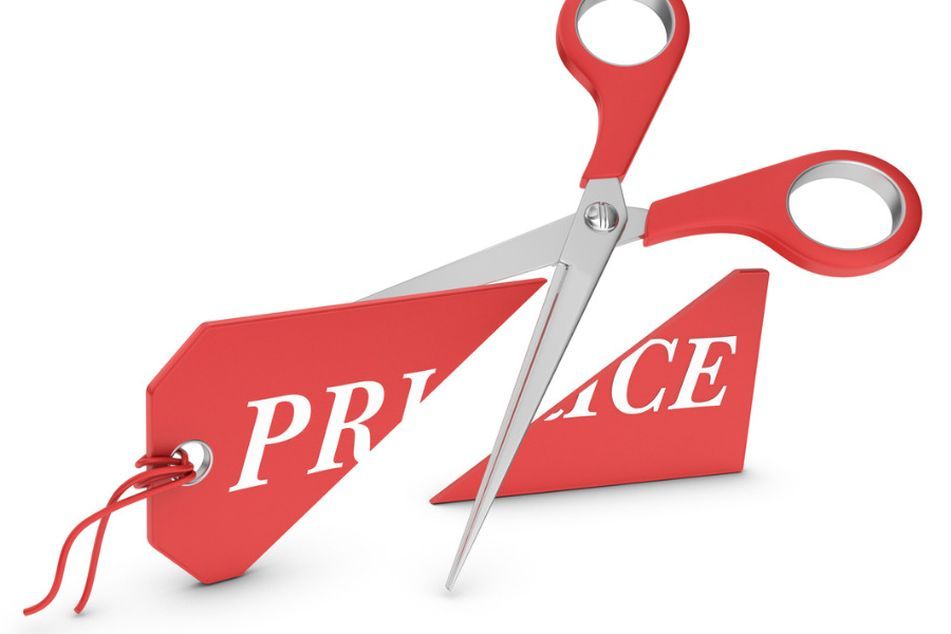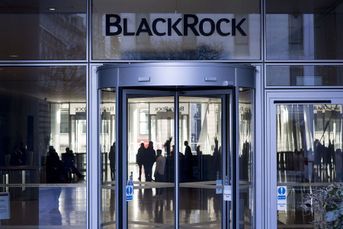OPEC+ meeting could result in deeper cuts

Prices are flagging and the cartel will be keen to add support.
OPEC+ began its meeting on Thursday, seeking to resolve a deadlock on oil quotas and consider further production cuts to shore up flagging crude prices.
Group leader Saudi Arabia is pressing fellow alliance members to join it in restraining supplies in order to stave off a renewed oil surplus next year. A deeper collective cutback of 1 million barrels a day or more will be discussed when ministers from the Organization of Petroleum Exporting Countries and its allies hold their video conference, delegates said.
“I think there will be a deal because there’s a lot of pressure on the group — they’ve seen prices come off a lot, there are concerns about the global economy,” Amrita Sen, director of research at consultant Energy Aspects Ltd., told Bloomberg television. A new official group cut of 1 million barrels a day would actually be only half as big in real terms because some countries are already pumping below their targets, she said.
Obstacles to an accord remain — most notably, a dispute over whether African members Angola and Nigeria should accept reduced output targets to reflect their diminished production capabilities. The stalemate has meant that Thursday’s gathering is being held four days later than originally planned.
Failure to resolve the issue could result in a so-called rollover at the meeting, in which members maintain output at current levels, delegates said.
OPEC+ faces pressure to intervene in crude markets following a 13% drop in prices over the past two months amid plentiful supplies and a darkening economic backdrop. Markets could weaken further next year, when forecasters including the International Energy Agency anticipate a sharp slowdown in demand growth.
“The market wants to know whether or not the policy of OPEC+ to be preemptive and proactive with supply management remains in place,” said Clay Seigle, an analyst at Rapidan Energy Group LLC. “Without real production cuts, many traders will find the market to be oversupplied, casting a bearish pall over the near-term price outlook.”
Follow Bloomberg’s OPEC+ Live Blog here.
Oil futures are trading near $84 a barrel in London following their recent pullback. While the retreat offers relief for consumers after years of rampant inflation, it spells discomfort for exporters like Saudi Arabia and fellow OPEC+ leader Russia.
In the absence of a deal for group-wide cuts, Riyadh could simply maintain its own unilateral 1 million barrel-a-day curb — which its energy minister described as a “lollipop” — into early 2024, Bob McNally, president of Rapidan Energy Group, said in a Bloomberg television interview.
“The Saudis especially were hoping they could take back the lollipop and end the 1 million barrels,” said McNally. “But they realize that they can’t. We didn’t get the inventory draws they were expecting in the fourth quarter.”
If the Saudis were to reverse those voluntary cuts, the selloff could be profound.
“When you look ahead to the next months, we see a significant global oil supply surplus — and that assumes that the cuts currently in place are prolonged into next year,” said Jim Burkhard, head of global crude oil markets team at S&P Global Commodity Insights. “If the cuts are not maintained or deepened, the reaction of the market could be quite severe.”
A lingering barrier to an agreement is the rift over output limits for the West African duo.
When OPEC+ last convened in June, Angola and Nigeria were assigned lower allocations for 2024 that reflected an erosion in their productive capacity from under-investment and operational disruptions. They were granted a review by external consultants, but have pushed back against its results.
“Before they can turn to the deeper reduction discussion, OPEC will have to resolve the unfinished business from the June meeting,” said Helima Croft, chief commodities strategist at RBC Capital Markets. “Getting Angola to sign on the dotted line still seems to be subject of intense diplomatic negotiation,” but the group will probably reach an agreement with the holdouts, she said.
The cartel is due to begin a series of online meetings on Thursday, beginning at 10 a.m. London time, with the main policy-setting session scheduled for 2:30 p.m.
Learn more about reprints and licensing for this article.








